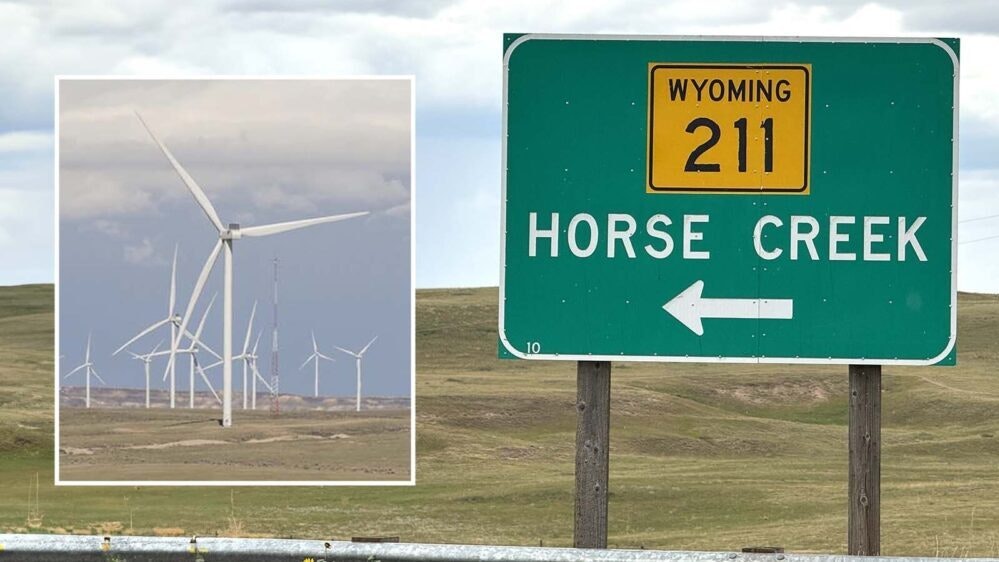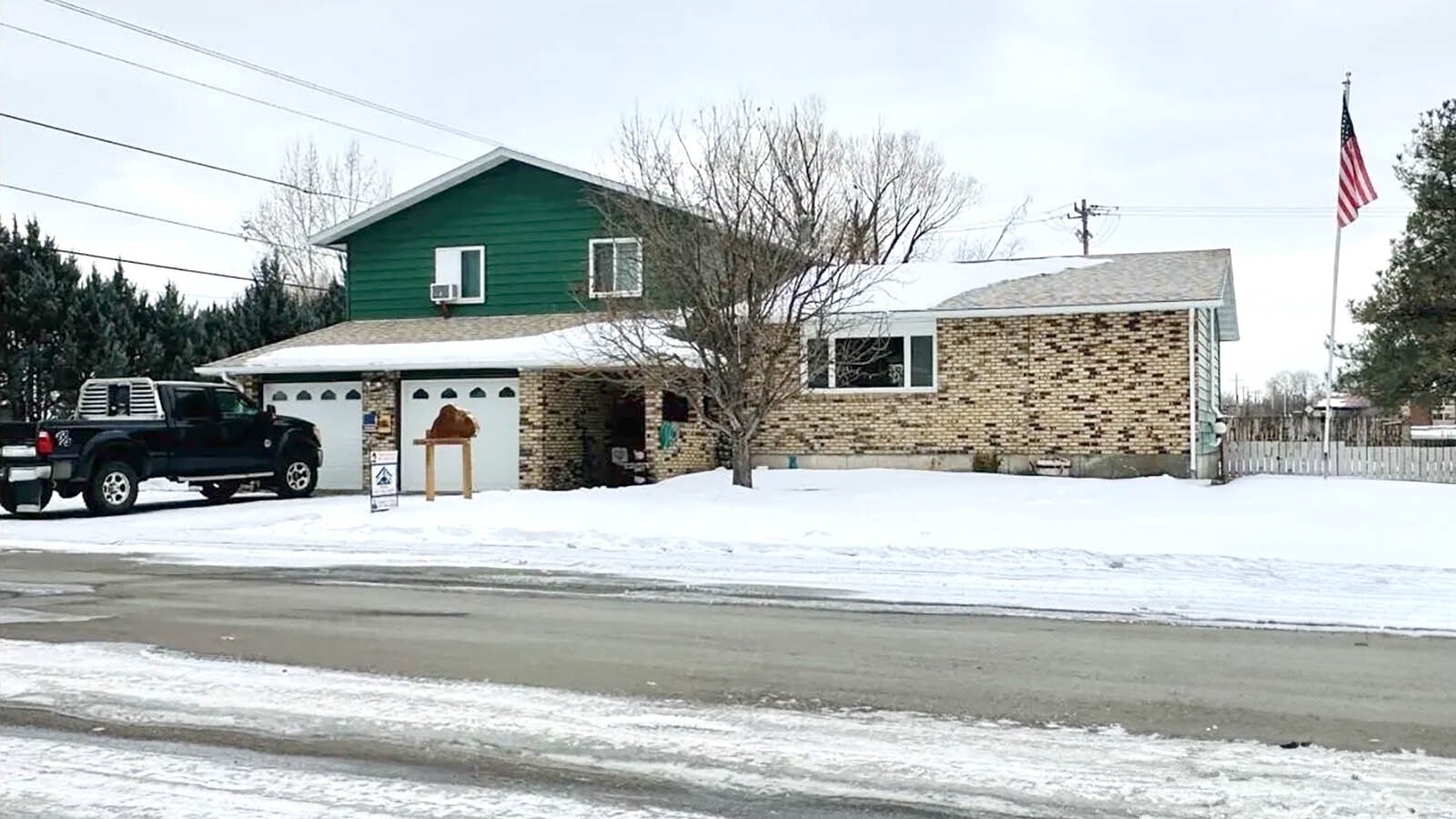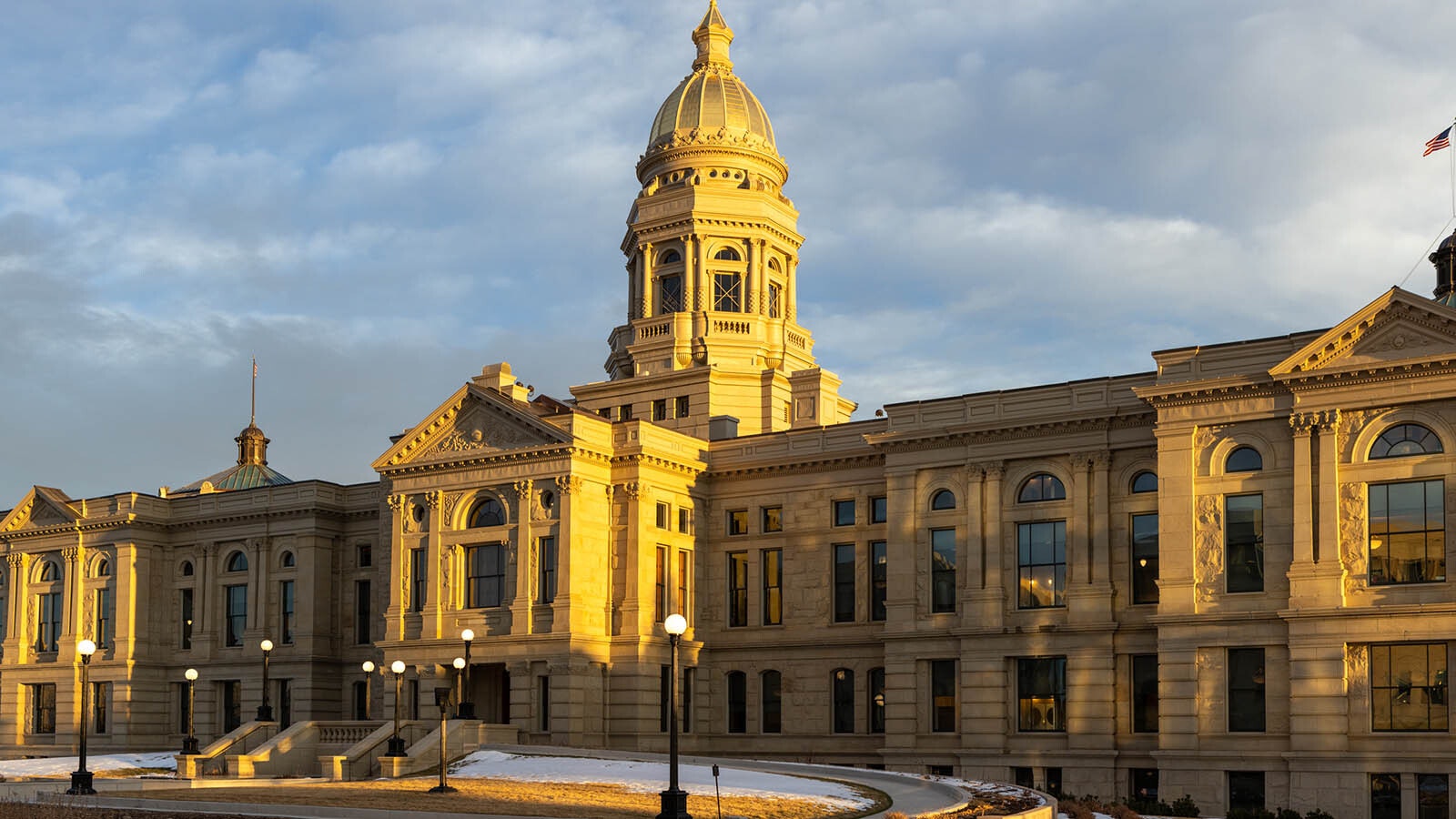Dear editor:
How do you feel about paying a 20% sales tax when you buy a car? Would you be willing to do so if it meant no property tax? Is this a commonsense approach to fund local services, or a straight path to a state income tax?
This is the debate in the State Legislature. No state has fully removed property tax, but on June 3 in Gillette, the Wyoming Legislature’s Joint Revenue Committee voted to draft a bill to remove property tax from state laws.
This isn’t a new idea. Several states have considered it, often pushed by out-of-state interests. Wyoming is no different, with a Texas-based group advocating for it. The appeal is to stop paying the government to live on your own land.
At first glance, the idea sounds great. Eliminate a clunky assessment schedule, confusing exemptions, and keep more money in your pocket. It may not be that simple.
A Lesson from Nebraska
Nebraska proposed abolishing property tax last year with the EPIC plan, raising sales tax to 7.5%. The Tax Foundation, a respected tax policy research group, found this too low, suggesting a 21.6% rate was needed for the consumption rate to fill the financial gap. Nebraska already has state income tax and taxes more services than Wyoming.
The Tax Foundation also noted that local governments would likely impose their own sales tax to compensate for lost property tax revenue. Border towns might see sales dry up as residents shop in neighboring states with lower sales tax.
The EPIC proposal did not pass.
During that Revenue Committee meeting in Gillette, a few Wyoming tax experts surmised in the hallway that to replace the $2 billion in school and local funding, sales tax would need to be around 20%.
With no hard data, this is speculative, but at 20%, it doesn’t take long to reach the $2,000-3,000 you currently pay in property tax.
For example, the average used car price in the US is $25,128. A 20% sales tax adds over $6,500. Need a new truck for the ranch? Triple that number.
Switching to a consumption-based tax might mean adding sales taxes on groceries, medicine, and services like doctor visits.
Alternatively, a gross receipts tax could be implemented, adding a small tax every time an item changes hands.
Think of it like this - if you take a raw item like milk directly from the cow and sell it to a processor, that transaction is taxed.
If the milk then goes from processor to distributor, that transaction is taxed. A grocery store then buys the milk and that transaction is taxed, and when you buy the milk, the transaction is taxed again. Prices go up as your checking account balance goes down.
Property Tax and Services for Seniors
A Rapid City-based advocate for abolishing property tax argued that AARP should support it to help seniors stay in their homes. It is important to remember property tax payments in Wyoming already support services that help older adults age in place. Here are a few examples:
- Transportation is crucial for older adults to stay out of nursing homes. Wyoming’s local communities use federal funds for 65% of Title III-B funding for older adult transportation programs, with 27% of local match money coming largely from local property taxes. Over 1,500 citizens used these services in 2024.
- Wyoming had the highest per capita rate of seniors eating meals at senior centers and the second highest rate of home-delivered meals. Property tax funds 10% of the local match required for these programs.
- Wyoming Home Services provide direct care like medication management, and basic chore help around the house to those likely to need nursing home care soon. These services are funded 71% by the state and 21% by local matching funds from property tax.
Our tax system is confusing, and assessment appeals processes are far from simple.
The Legislature is right to offer relief to those who need it, and we encourage them to keep examining the system to be sure we are providing the services its citizenry requests at the lowest possible cost.
To that front, we encourage the Revenue Committee to keep considering options for change and simplicity. However, a move from property tax to consumption tax is a classic case of throwing the baby out with the bathwater.
Sincerely,
Tom Lacock, AARP Wyoming





